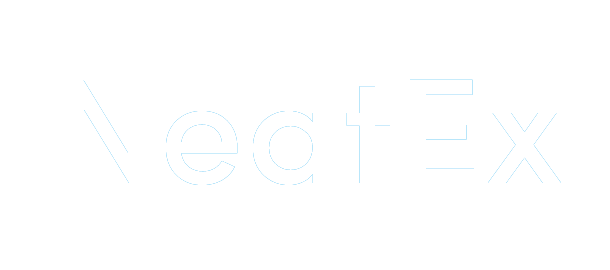28 Sep Dry Cleaning vs. Machine Washing Duvets: Pros and Cons
Washing duvets is a regular chore for many, but the debate between dry cleaning and machine washing often leaves people puzzled. In this blog post, we will explore the pros and cons of both methods to help you make an informed decision on how to best care for your beloved duvet.
Dry Cleaning vs. Machine Washing Duvets
Dry Cleaning:
Pros:
- Gentle Cleaning: Dry cleaning is a gentle process that minimizes wear and tear on your duvet. It uses special solvents instead of water, reducing the risk of clumping or shifting of the fill inside.
- Stain Removal: Dry cleaners are experts at stain removal. Stubborn stains that might not come out with regular washing can often be effectively treated during dry cleaning.
- Preserves Delicate Fabrics: Duvets made from delicate or luxury materials, such as silk or down, are often better suited for dry cleaning as they maintain their quality and softness.
Cons:
- Cost: One of the major drawbacks of dry cleaning is the cost. It can be significantly more expensive than machine washing, making it less budget-friendly for regular maintenance.
- Chemical Exposure: Dry cleaning involves the use of chemicals that can be harsh on the environment and may leave residues on your duvet. It’s essential to choose an eco-friendly dry cleaner if you opt for this method.
Machine Washing:
Pros:
- Cost-Effective: Machine washing is typically more budget-friendly than dry cleaning. You can wash your duvet at home, saving money on professional cleaning services.
- Convenience: You have the convenience of washing your duvet whenever you want without the need to drop it off at a dry cleaner’s and wait for it to be ready.
- Control Over Cleaning Products: You can choose eco-friendly detergents and control the cleaning products used in your home, reducing your environmental impact.
Cons:
- Size Matters: Duvets can be large and bulky, making them challenging to fit in standard washing machines. This can be a significant limitation for machine washing.
- Potential Damage: If not handled properly, machine washing can lead to clumping of the fill inside the duvet, which affects its overall comfort and insulation.
- Stain Challenges: Tough stains may be more difficult to remove through machine washing alone, and improper drying can lead to mould or mildew growth.
Considerations Before Washing:
Before diving into the pros and cons of dry cleaning and machine washing, it’s essential to consider a few factors that will influence your decision:
- Duvet Material: The type of material your duvet is made of plays a crucial role. As mentioned earlier, delicate materials like silk and down often fare better with dry cleaning, while synthetic or cotton duvets can withstand machine washing.
- Label Instructions: Always check the care label attached to your duvet. Manufacturers provide specific washing guidelines that should be followed to avoid damaging the duvet or voiding any warranties.
- Size and Capacity: Assess whether your washing machine can accommodate the size of your duvet comfortably. Oversized duvets may require commercial-sized machines or professional cleaning.
NeatEx Dry Cleaning in Detail:
To help you understand the NeatEx dry cleaning process better, let’s delve into it in more detail:
- Dry Cleaning Process: Dry cleaning involves the use of a solvent rather than water. Your duvet is placed in a machine that agitates it gently while the solvent removes dirt and stains. After cleaning, the duvet is dried in a separate machine.
- Professional Expertise: NeatEx Dry cleaners are skilled in handling various fabrics and stains. They have the knowledge and tools to ensure your duvet receives the care it needs.
- Special Treatments: NeatEx Dry cleaners can apply special treatments, such as deodorizing or fabric softening, which may not be readily available with machine washing.
Machine Washing Tips:
For those leaning towards machine washing, here are some tips to get the best results:
- Use a Large Capacity Machine: If possible, use a front-loading machine with a large drum. This ensures your duvet has enough room to move freely during the wash cycle.
- Mild Detergent: Use a mild, hypoallergenic detergent to protect both your duvet and your skin from harsh chemicals.
- Gentle Cycle: Select a gentle cycle with a slow spin speed to minimize stress on the duvet’s stitching and fill.
- Balanced Load: Wash the duvet with a few similar-sized items to balance the load in the machine.
The Lasy Word
In the dry cleaning vs. machine washing duvets debate, both methods have their pros and cons. Dry cleaning is gentle on delicate fabrics and excels at stain removal but can be costly and use chemicals. On the other hand, machine washing is cost-effective and convenient but may pose challenges with size and potential damage. Ultimately, the choice depends on your duvet’s material, your budget, and your willingness to take on the task. Remember to follow the care instructions provided by the manufacturer to ensure the longevity of your duvet.




Sorry, the comment form is closed at this time.